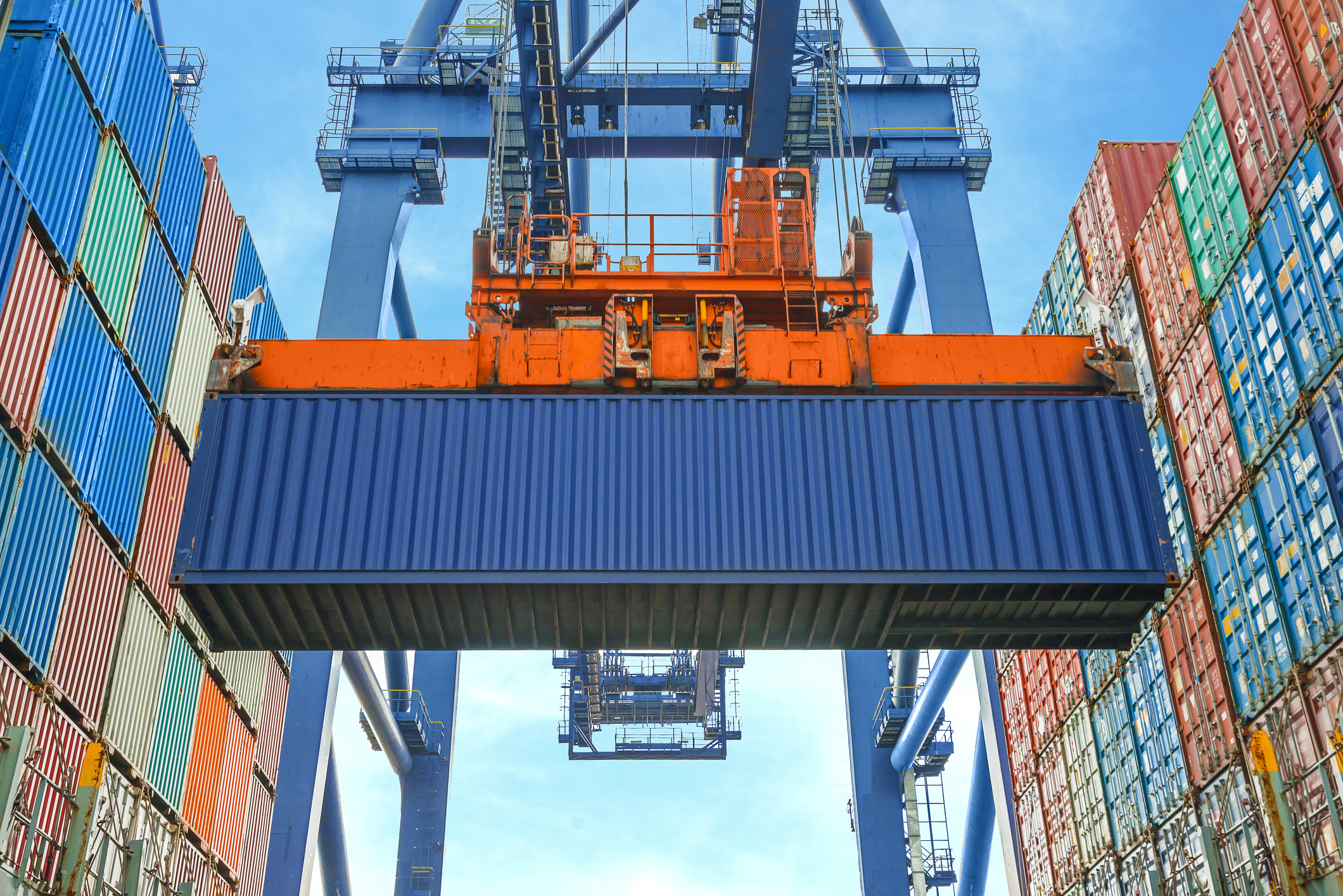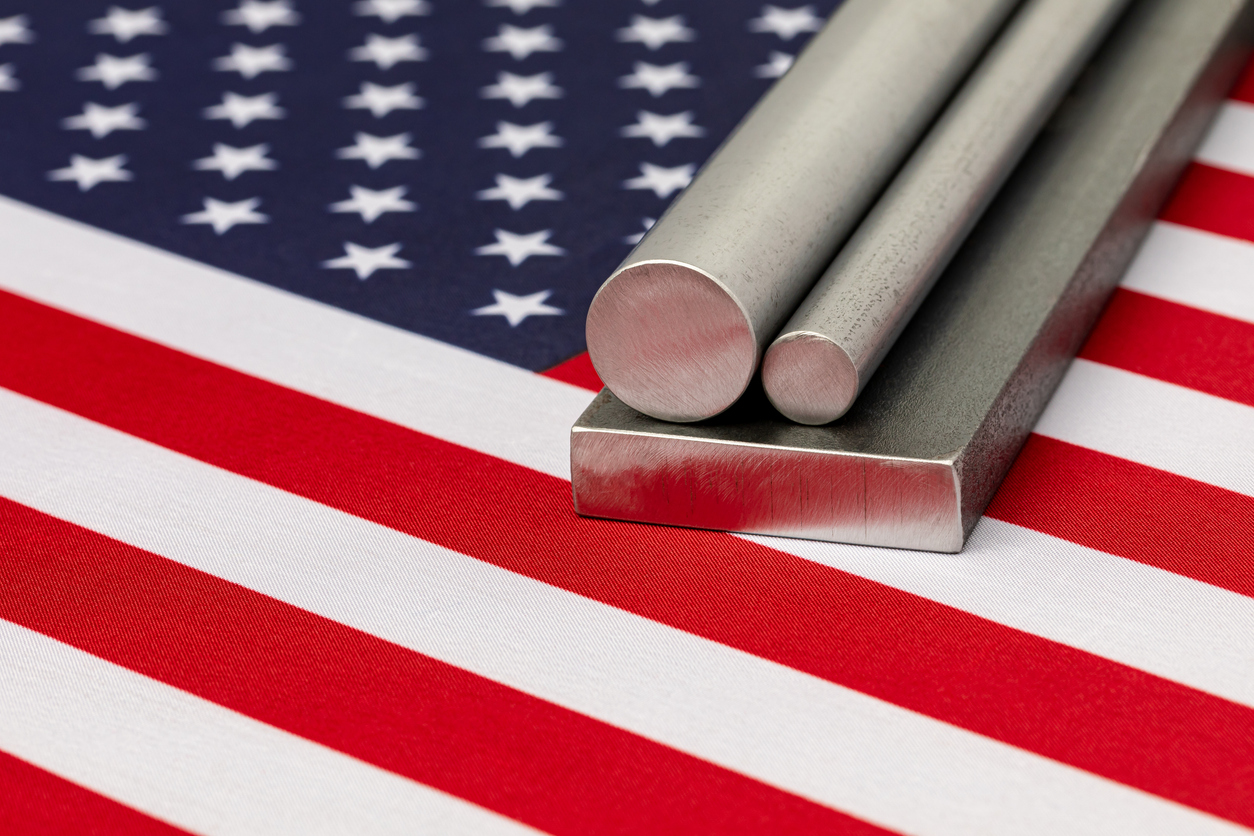焊接插座进口商故意逃避适用的反倾销税
加利福尼亚州一家联邦法院判定一家公司的举报人获得 2,400 万美元的赔偿金和 270 万美元的律师费,该举报人根据《虚假索赔法》成功起诉了一家竞争对手公司,声称该公司非法规避了对从中国进口的"焊接插座 "征收的反倾销税。 举报人--总部位于田纳西州的 Island Industries, Inc.--指控进口商西格玛公司(Sigma Corp.
陪审团作出有利于举报人的裁决
陪审团认定,Sigma 公司(一家水务和消防公司)在知情的情况下将其进口货物错误地申报为 "钢接头",而实际上这些货物是 "焊接插座",根据美国商务部 1992 年发布的命令,应征收 182.9% 的反倾销税。 西格玛公司将货物错误地归入了一个不正确的免税协调关税表(HTS)子目,误导了海关及边境保护局。
陪审团在今年 8 月判定 Island 公司赔偿 800 万美元,根据《虚假索赔法》的三倍赔偿规定,法院将赔偿额提高了三倍,达到 2500 万美元。 此外,本月早些时候,法院还判定 Island 的反欺诈 律师获得 270 万美元的律师费和 20 多万美元的开支。
据信,Island 案的赔偿金额是根据《虚假索赔法》提起的涉及逃避进口关税和海关欺诈的虚假索赔诉讼案中经过审判后获得的最大赔偿金额之一。 在错误的 HTS 子目下错误申报进口货物是海关欺诈的三大类型之一。 其他两种类型包括估价欺诈(涉及低报进口货物的应税价值)和原产国欺诈。 原产国欺诈涉及通过第三国转运货物,并重新贴标签以隐瞒货物的实际原产国。
美国商务部发布命令,对进口产品征收反倾销和反补贴(AC/CVD)税,以便在海外竞争对手从母国获得补贴或其他利益时,为国内产业创造公平的竞争环境。
竞争对手举报人示例
值得注意的是,大多数Qui tam告密者(或称 "举报人")都是违法者的雇员或前雇员--能够获得内部信息的人。 例如,海关欺诈举报人通常在违规公司的合规、物流、采购、供应链、采购、销售或财务报告等部门任职或担任职务。
然而,Island 是一种更为普遍的海关欺诈举报人的典型代表--即国内制造商或诚实的进口商和合法的商业竞争对手因竞争对手公司在进口关税上作弊而处于不公平的不利地位。 对于像 Island 这样的竞争对手关系人来说,《虚假索赔法》诉讼是公平竞争和打击不公平竞争的一种潜在手段。 竞争对手关系人通常能够通过获取市场和行业情报、熟悉定价以及通过行业内的联系人调查涉嫌欺诈行为的能力,收集到提起《虚假索赔法》诉讼所需的信息。
与举报人律师 Mark A. Strauss 交谈
举报人律师事务所 Mark A. Strauss Law PLLC 鼓励潜在的海关欺诈举报人联系举报人律师 Mark A. Strauss 进行免费咨询,如果他们有关于知情逃避进口关税或关税(包括对中国商品征收的301 条款关税)的信息。




